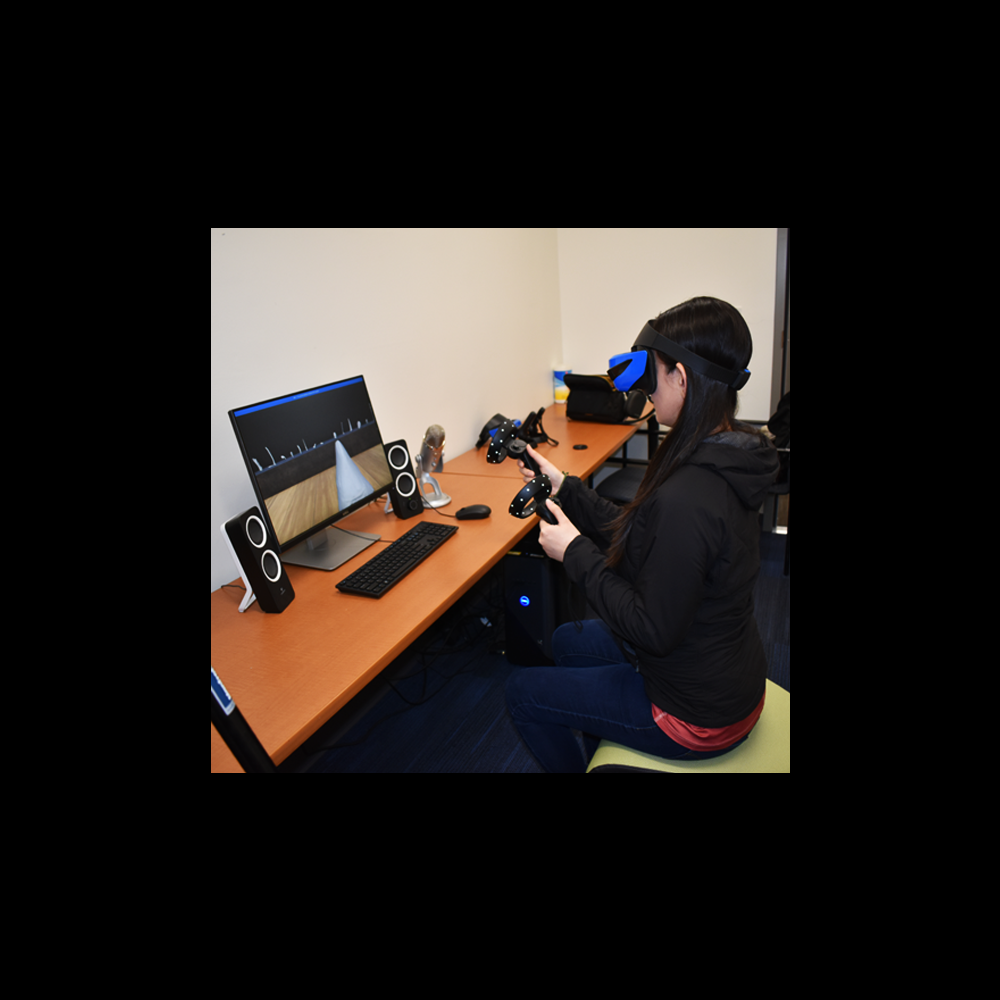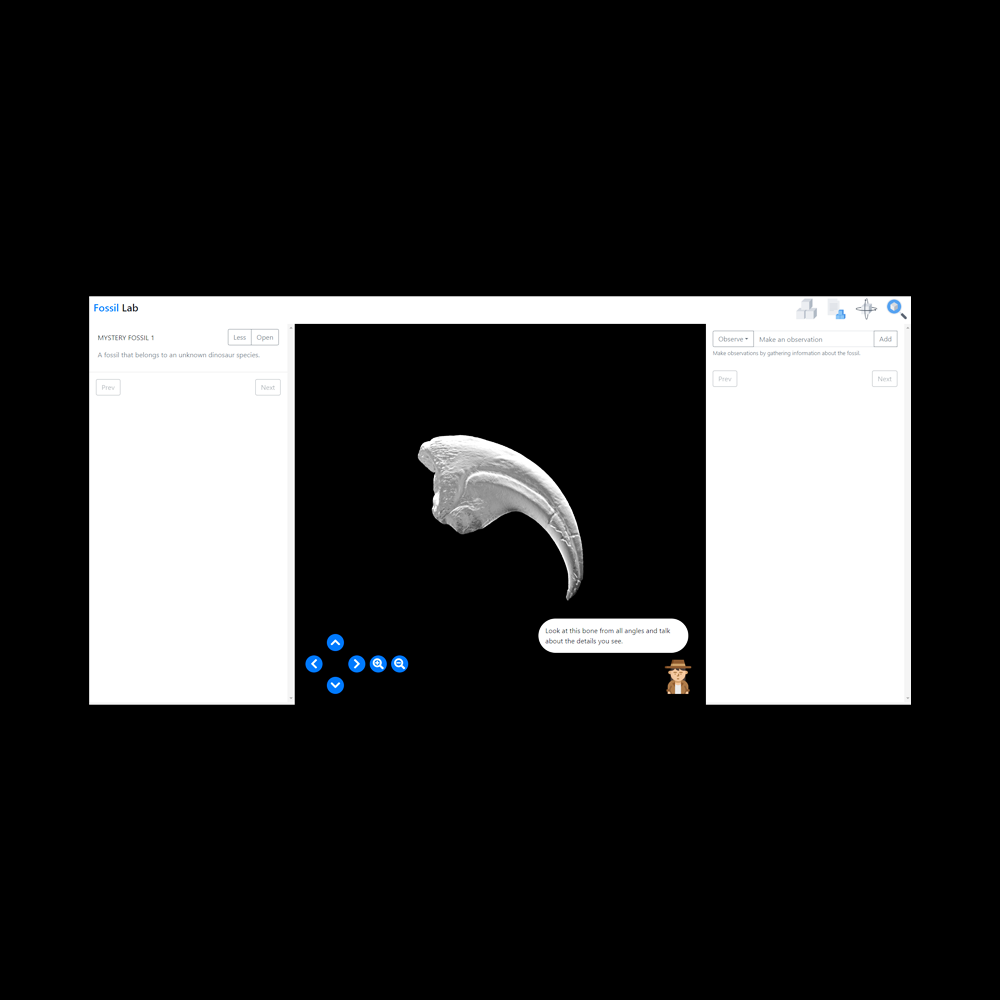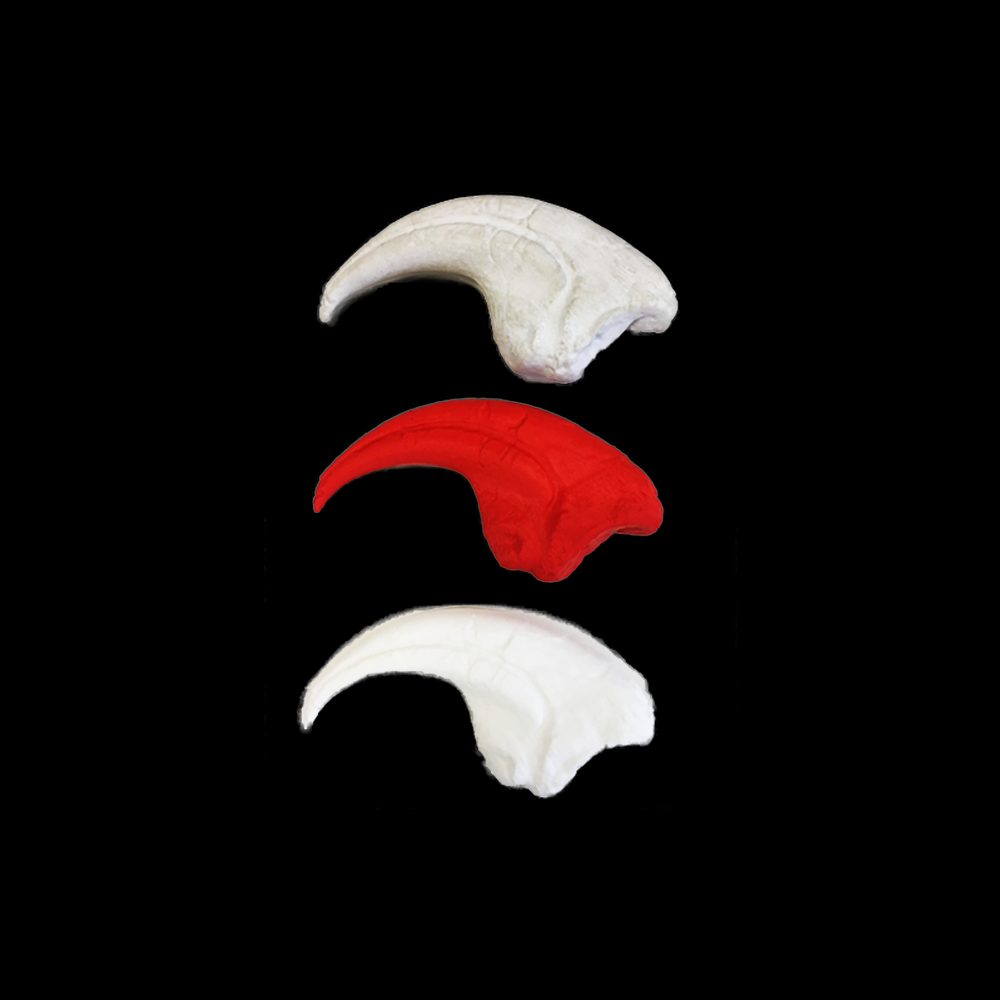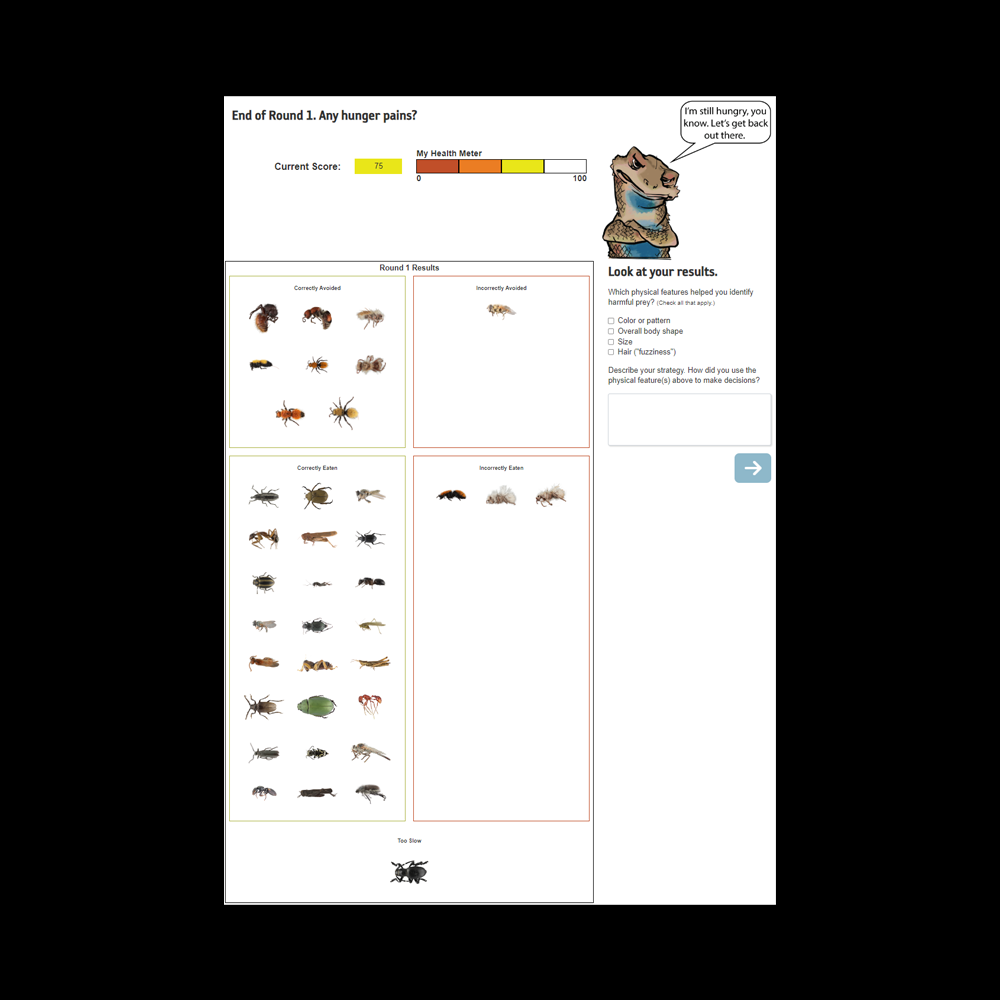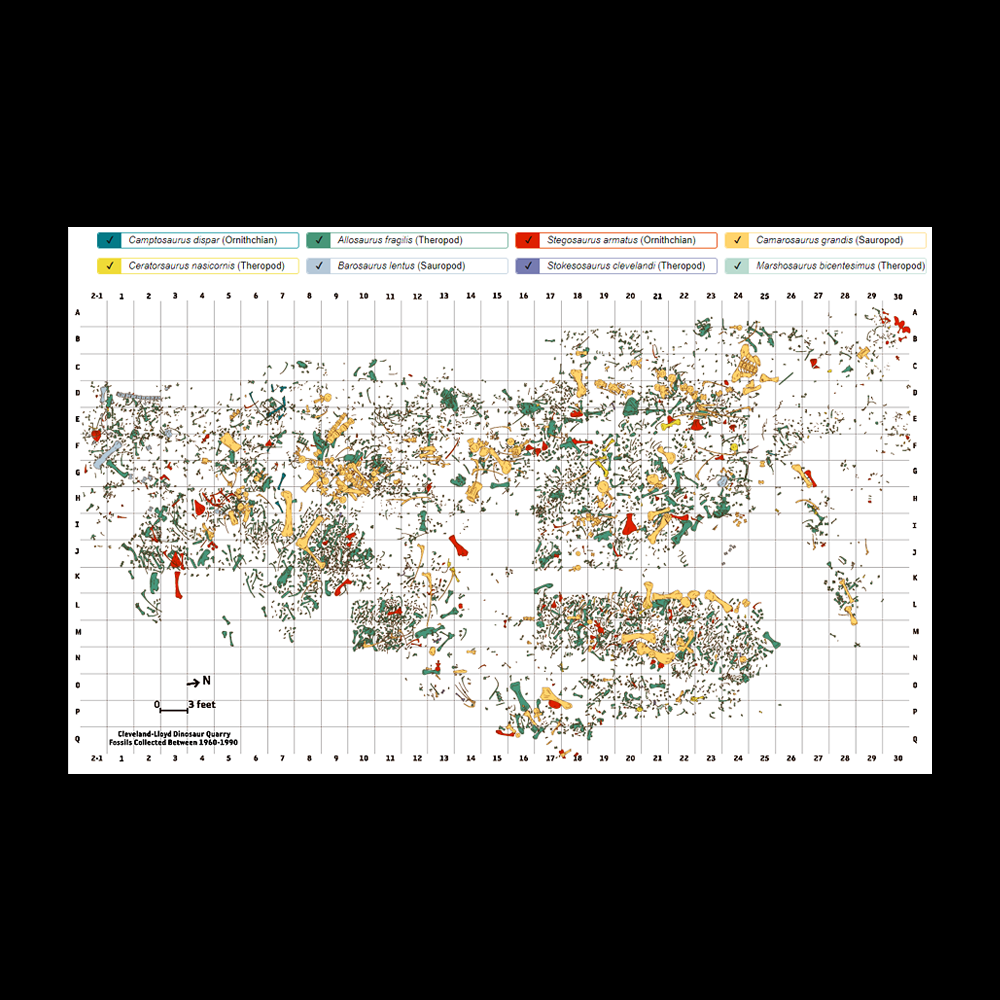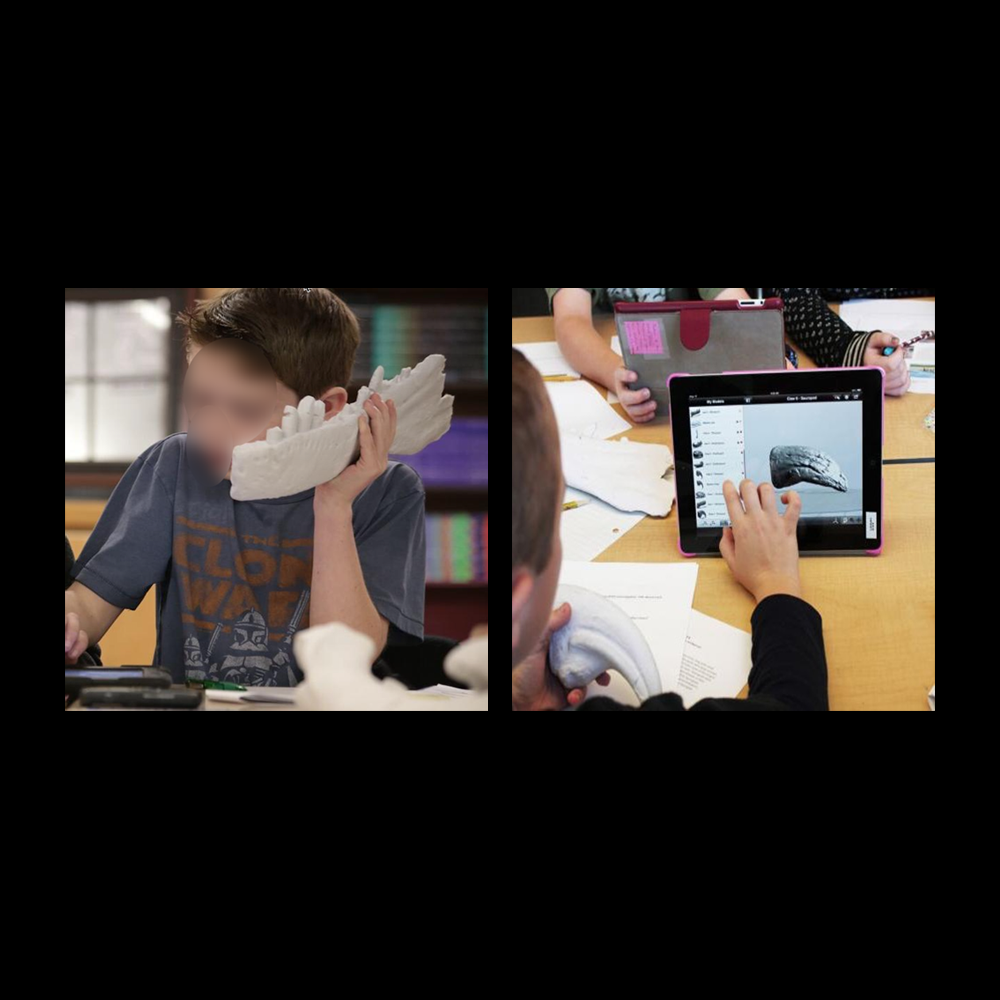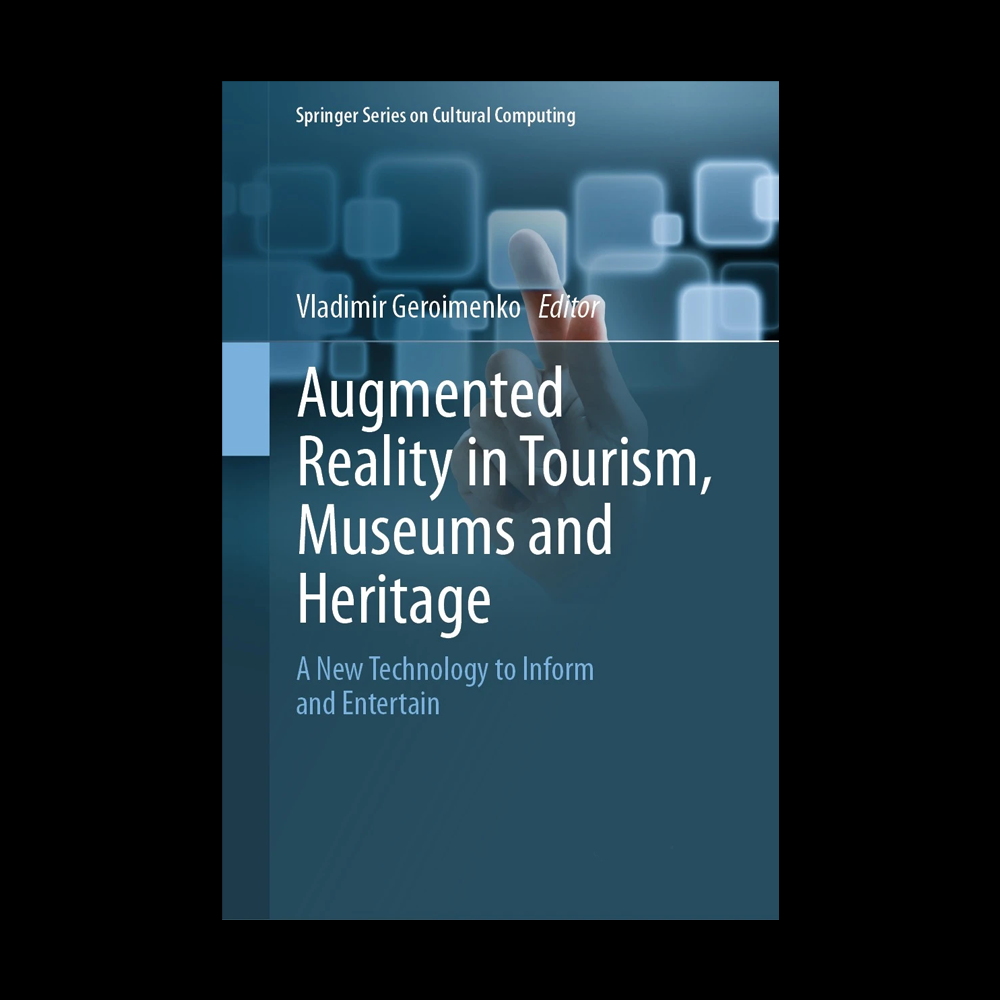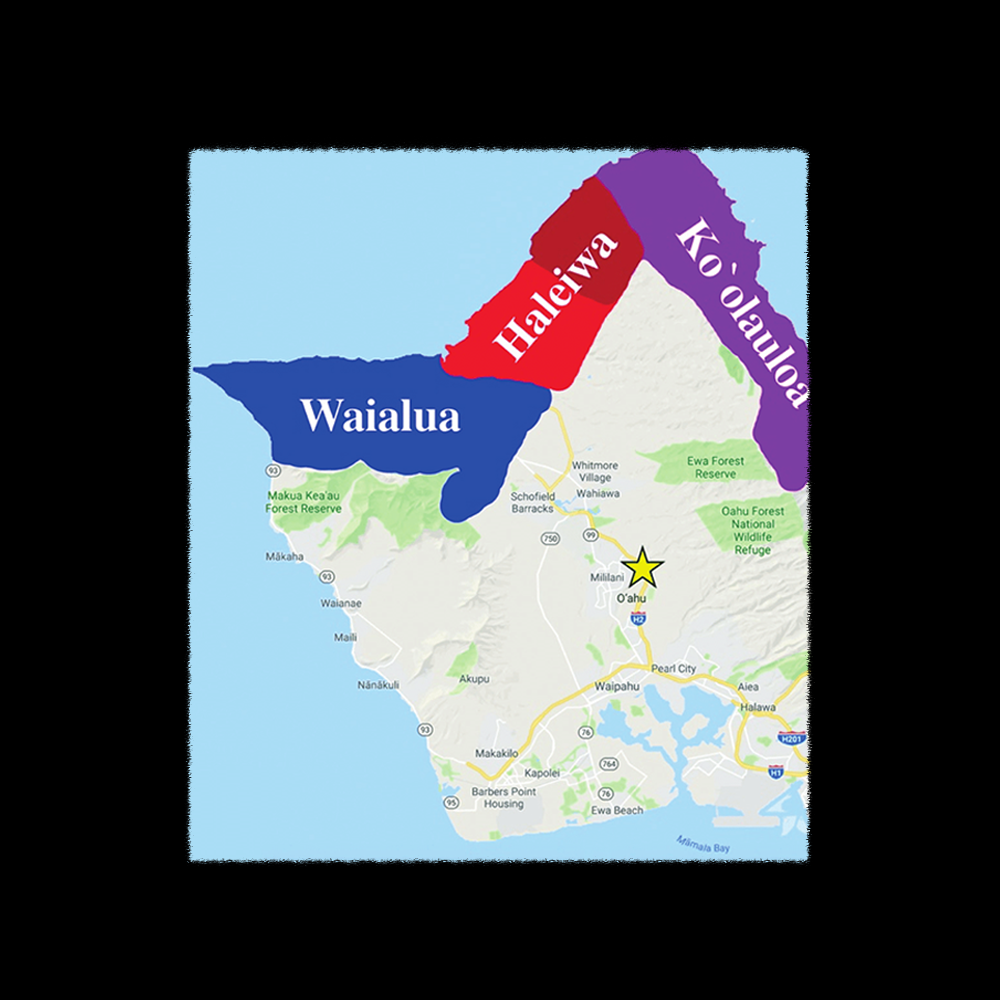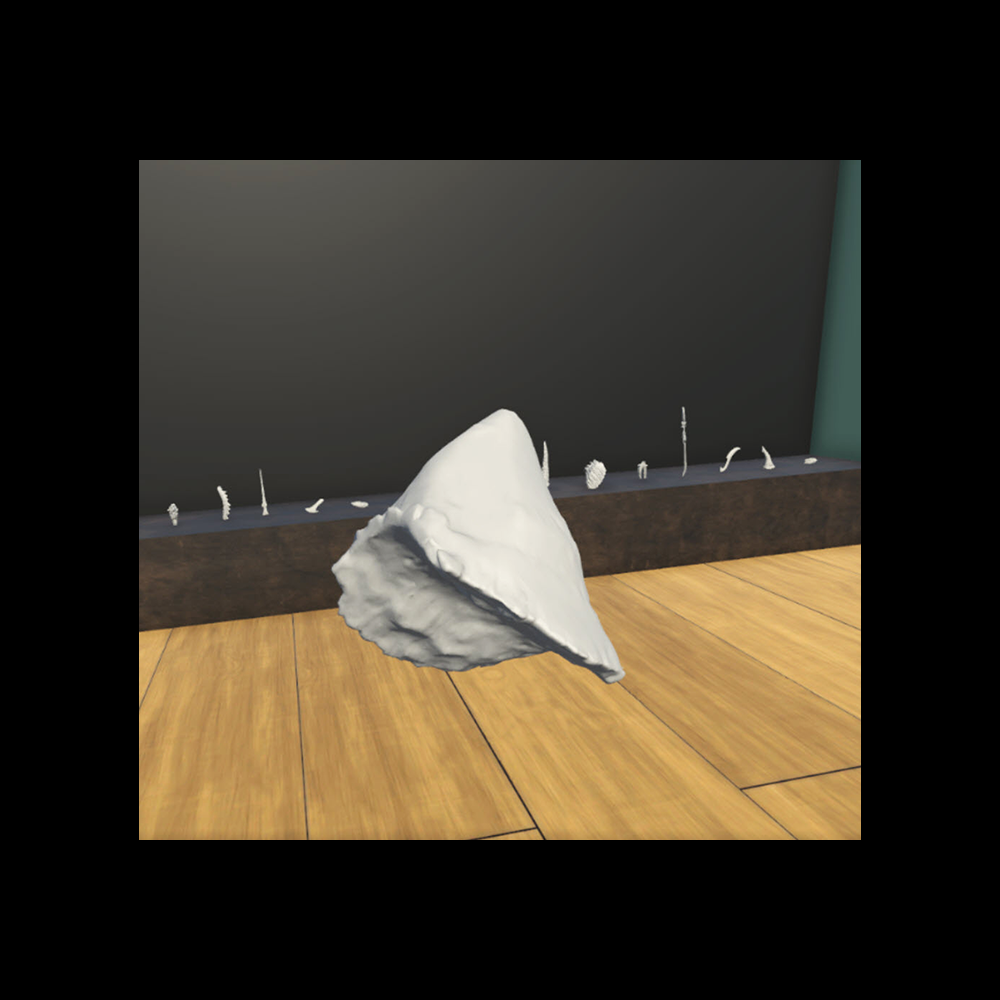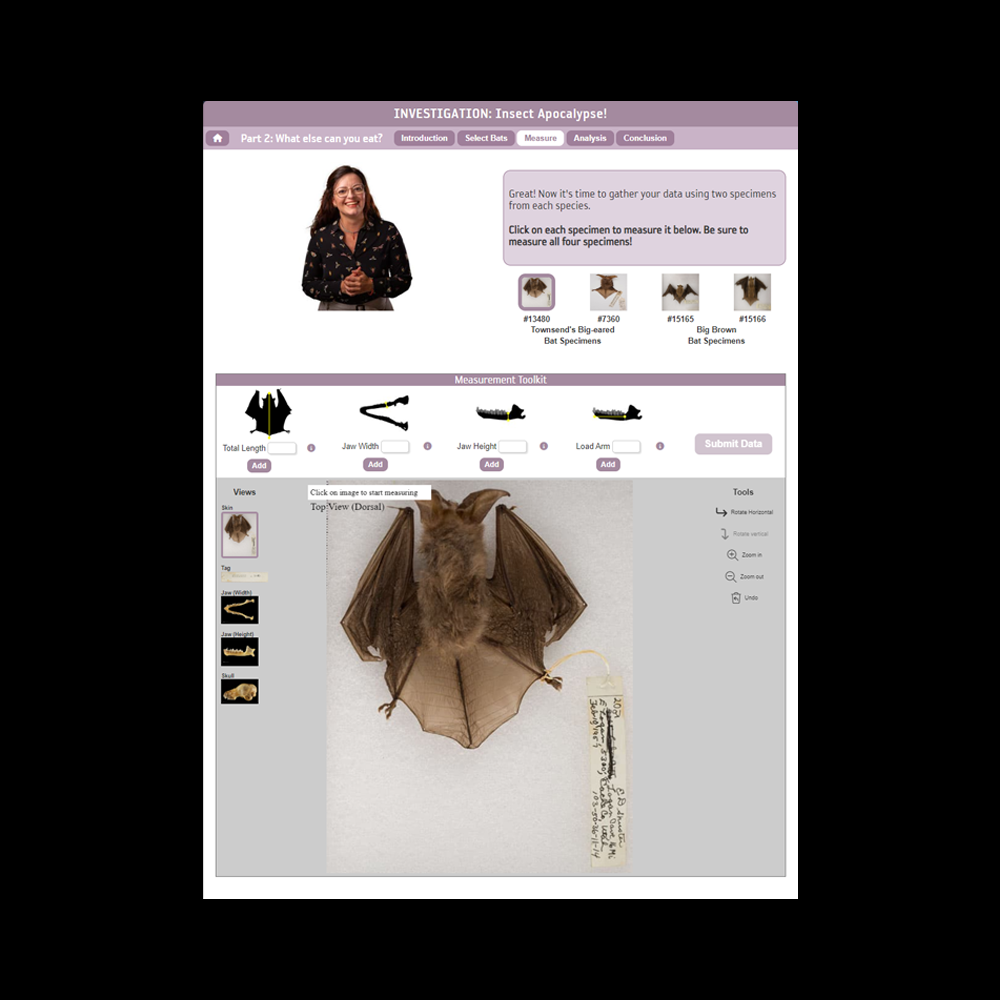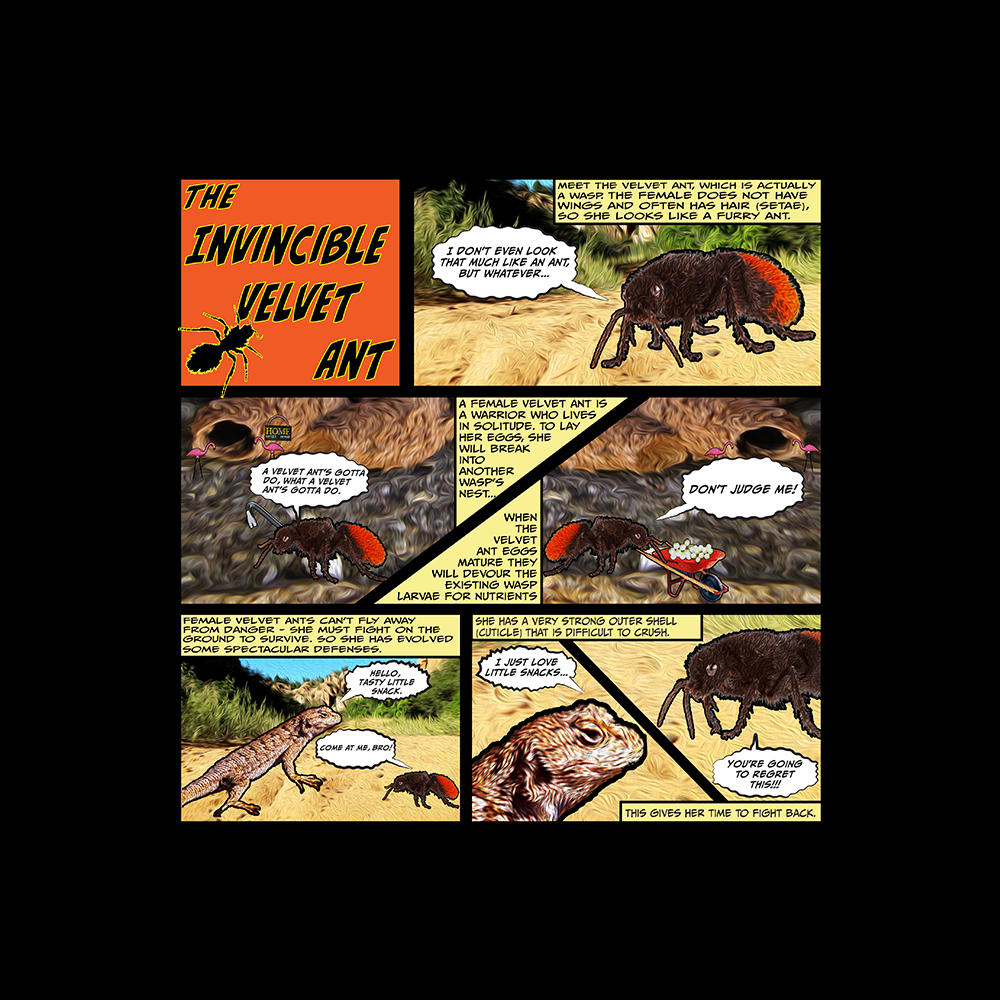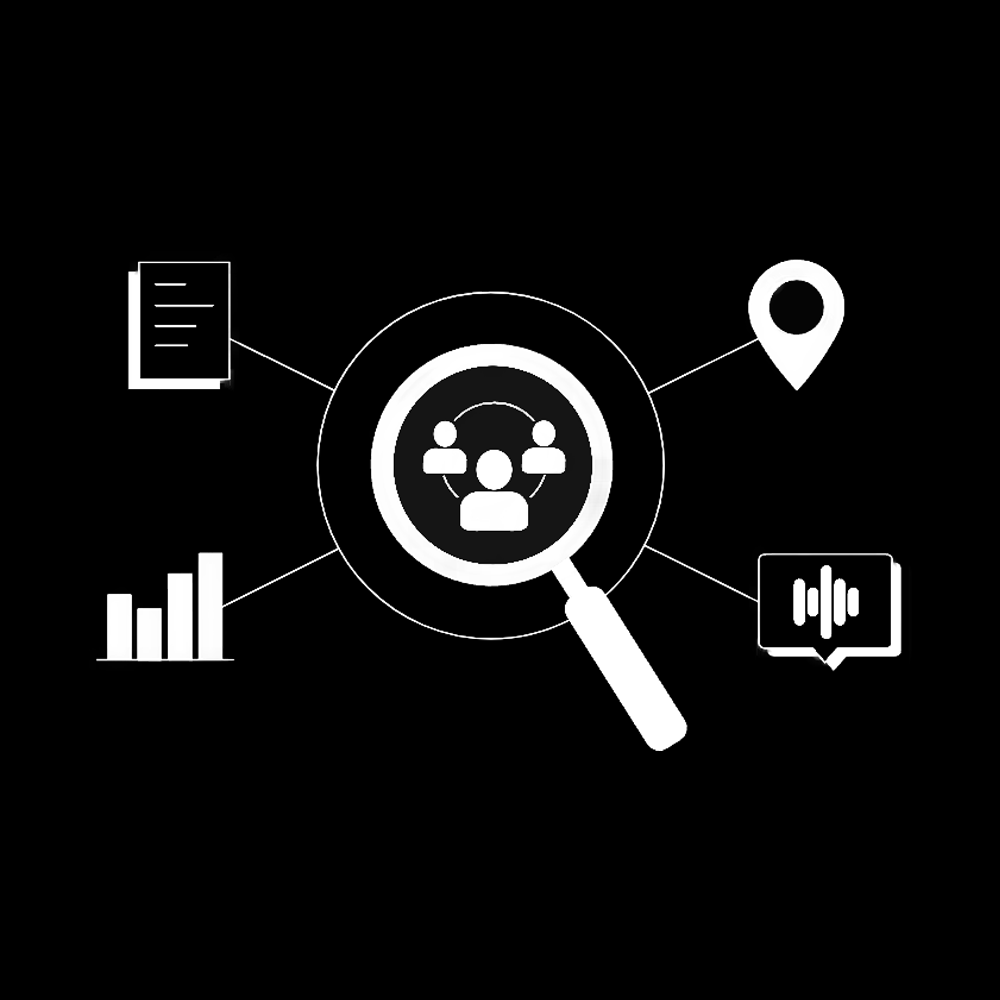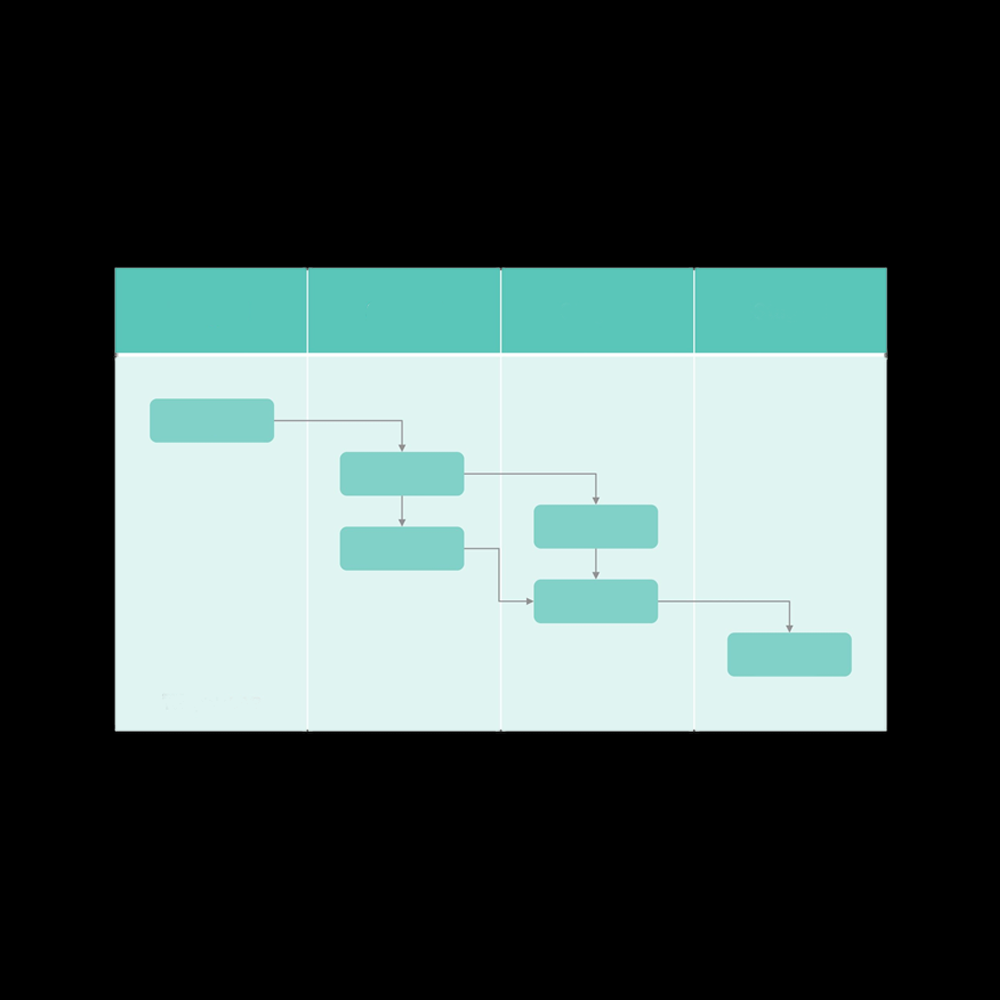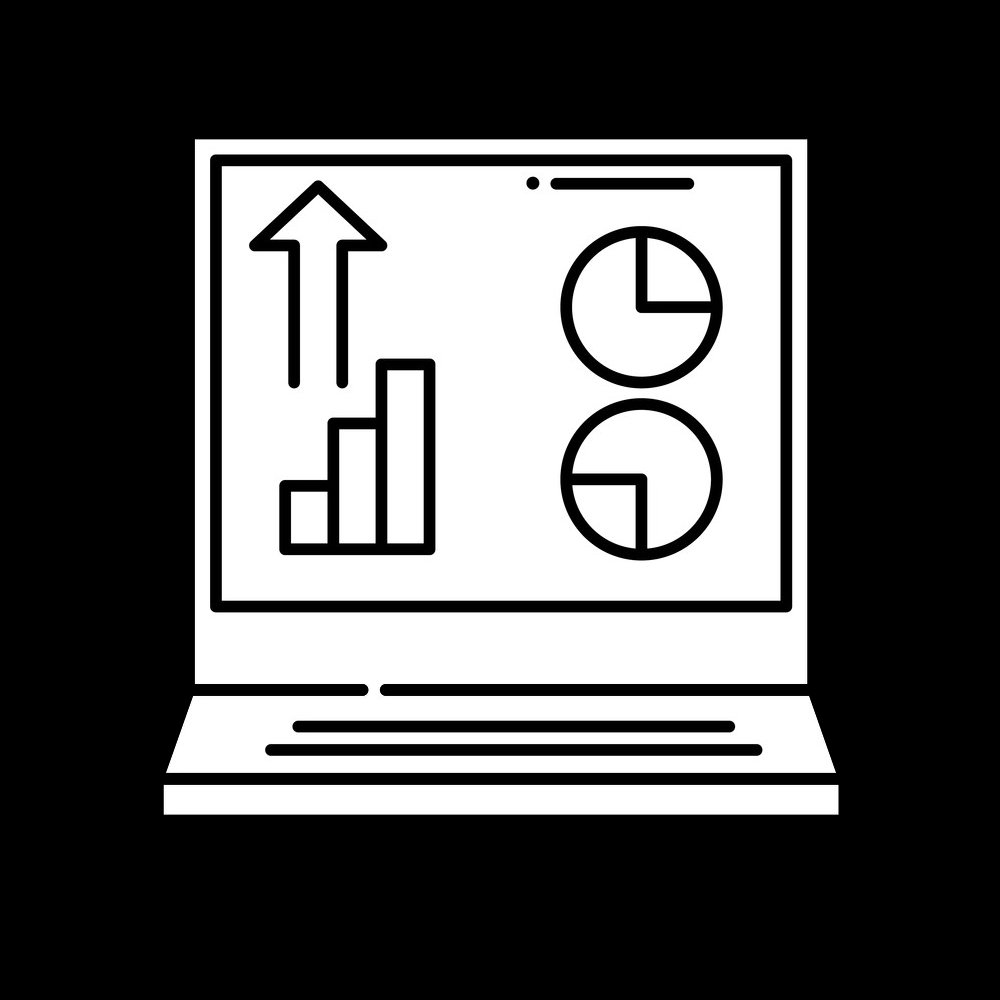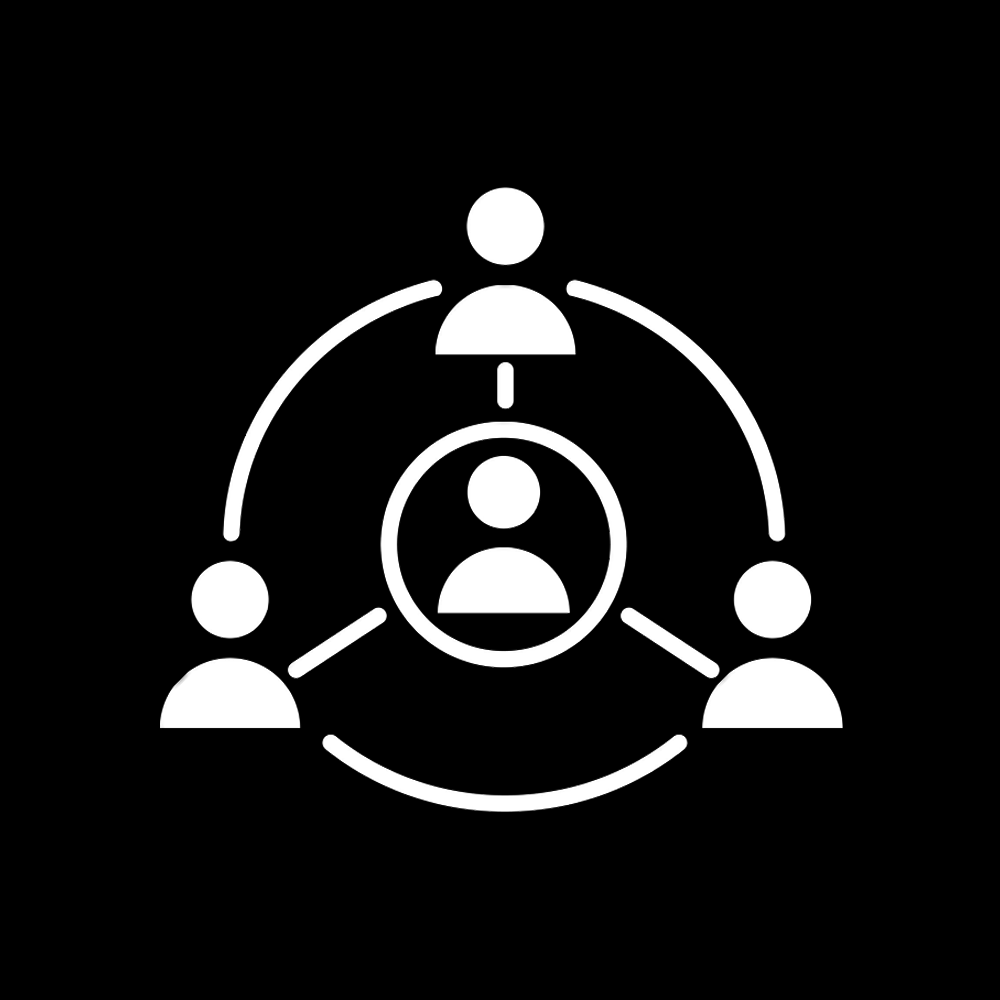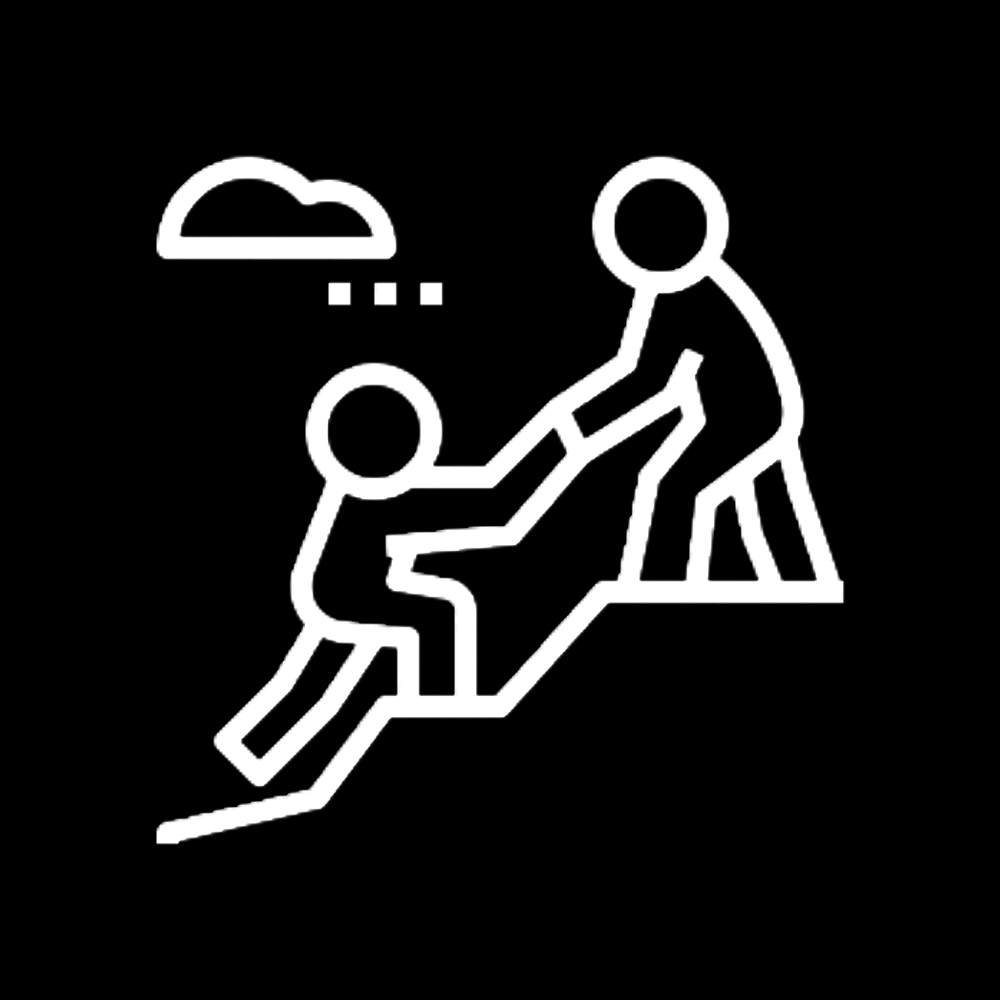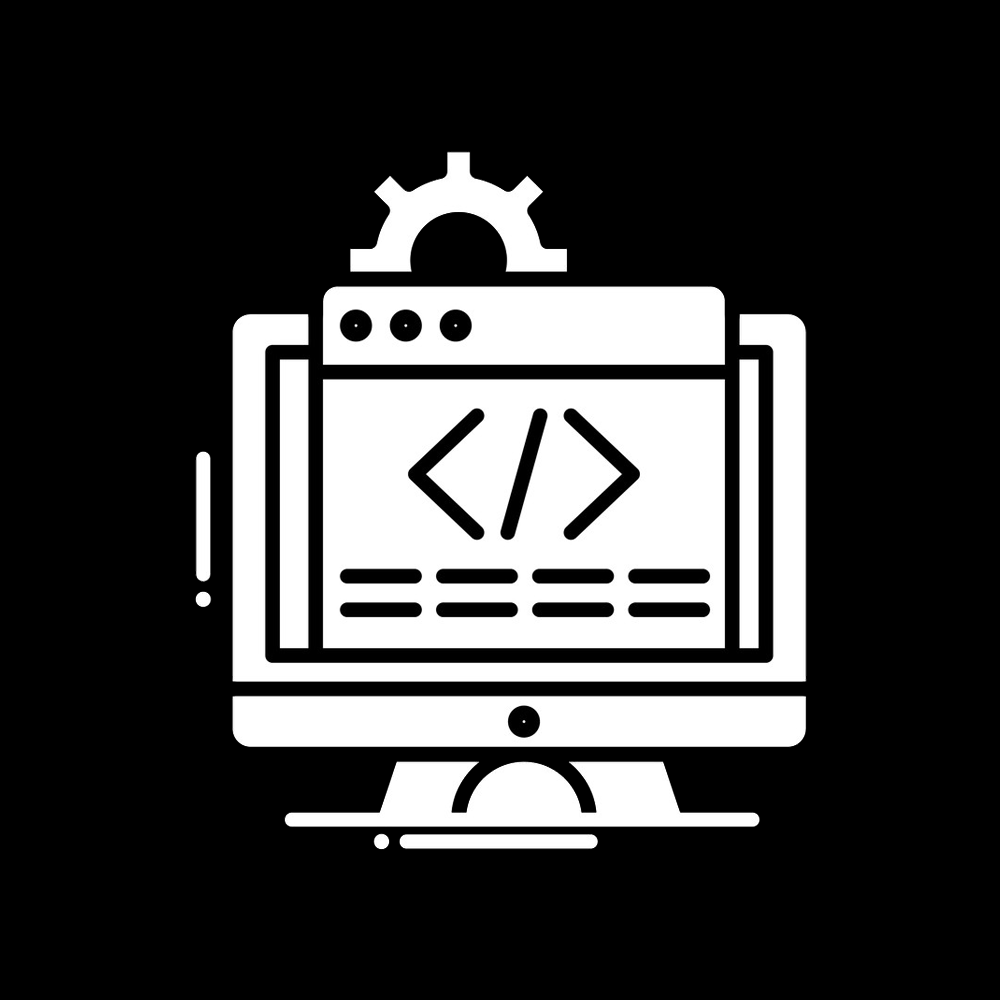01
About me
With a PhD in Educational Psychology and a specialization in learning and cognition, I’ve dedicated my career to understanding how people interact with digital environments and how we can make those experiences more intuitive, effective, and impactful. Nearly all of the research projects I led during my time in academia were user-centered studies, exploring the nuances of human cognition in digital spaces. For example, my dissertation examined how interactions with 3D objects in virtual training environments influence cognitive engagement—a project that broadened my perspective on the power of thoughtful user experience design.
While I enjoyed the theoretical rigor of academia, my work with organizations like EPIC Bioscience and Hawaii Public Health showed me how deeply rewarding applied user research could be. In these roles, I conducted hands-on research to uncover user needs, frustrations, and behavioral patterns, translating insights into actionable improvements that had immediate, meaningful impacts on both product and user outcomes. This real-world impact is what drew me to UX research; there’s nothing quite like seeing how a research-backed change can drive user satisfaction, align stakeholder priorities, and improve business results.
My approach is comprehensive and multifaceted. I draw on a diverse toolkit of methodologies—from cognitive walkthroughs, think-aloud protocols, and A/B testing, to more specialized techniques like behavior and interaction analysis. Using these methods, I work to build a clear picture of user needs, triangulating insights to ensure that every design decision is rooted in a deep understanding of user behavior. Ultimately, my goal is to bridge the gap between user insights and design strategy, creating products that not only meet business goals but also enhance user experience in meaningful ways.

